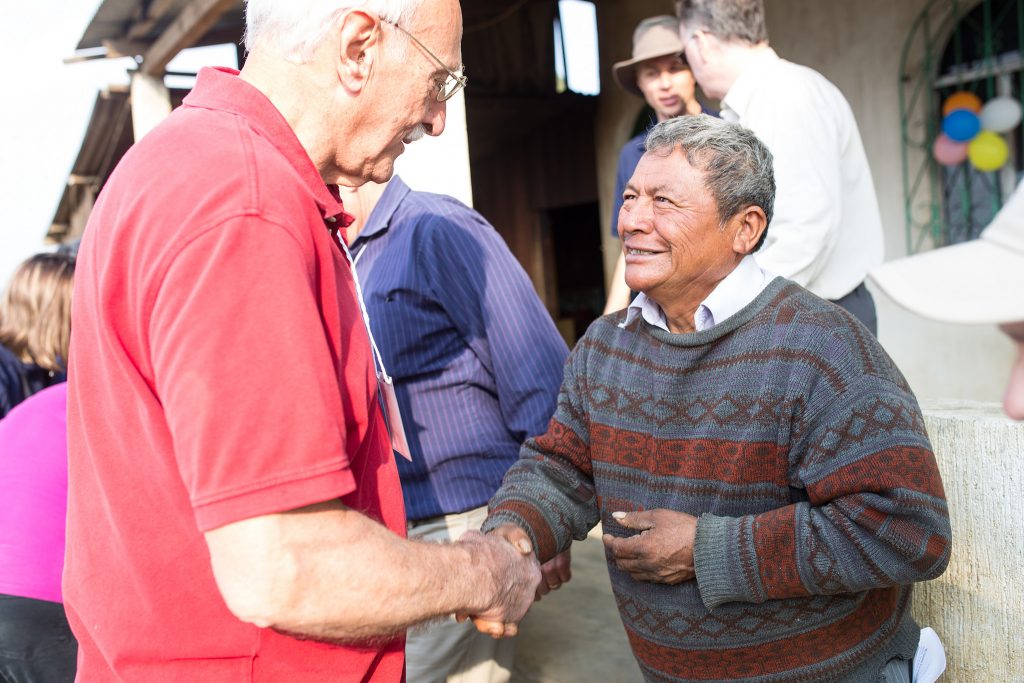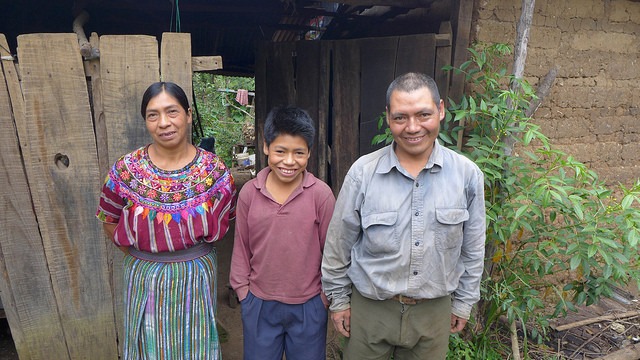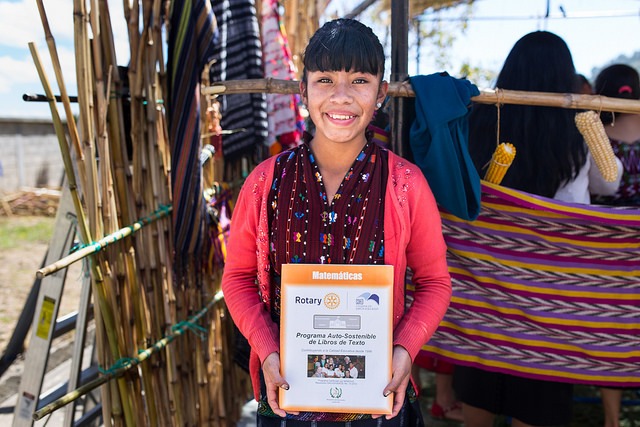How do you know your programs work?
CoEd is committed to evaluating the success of each program and sharing the results with our partners.
With the help of independent researchers in Guatemala, we evaluate the success of our programs each year using tools like standardized pre- and post-tests, surveys, and interviews. Explore our Results page to see the impact of each of our programs.
See What Success Looks LikeCan I visit CoEd's programs in person?
Yes! We’d love that! Explore the Visit Guatemala section of our website to find out how you can sign up for one of our life-changing tours. Or, simply contact us at tours@coeduc.org.
Visit GuatemalaWhat can I do to help?
There are so many ways that you can make a difference, but the quickest, most effective way is to donate now.
Donate NowTo see other creative ways that people have used their unique gifts and talents to serve Guatemala, check out our Supporters page.
Can my money really make a difference in Guatemala?
YES! A little bit goes a long way in providing vital educational resources and opportunities to Guatemala’s young people. Just $8 a month can help a child in Guatemala learn to read through CoEd’s Spark Reading Program. Your donation will plant the seed for permanent change in Guatemala.
Make a DifferenceHow much of my donation goes directly to the programs?

We pride ourselves on being good stewards of your donations. On average, 83 cents of every dollar donated to the projects goes directly to helping the children of Guatemala. The remaining 17 cents of every dollar is used to ensure that we are an efficient, effective organization that provides transparency and accountability to our donors. This is part of why we’ve received top rankings from nonprofit evaluators including Charity Navigator, Guidestar, Great Nonprofits, and the Better Business Bureau.
Learn MoreWhy doesn’t CoEd work in countries other than Guatemala?

We will continue to focus our development efforts on Guatemala so that every child there will have the opportunity for a better life, beyond poverty. More than 350 of Guatemala’s rural schools now benefit from a CoEd program. But the need is vast, and much work remains in that country.
Further, while many nonprofits spread their resources across a number of countries, CoEd builds long-term relationships with our beneficiaries in one country, providing them with multiple, layered programs that combat poverty. Our approach to deep development will bring about long term, systemic change in Guatemala. For example, disadvantaged children in our elementary school reading program will go on to middle school, where they will have access to our textbook and computer programs. They will build on previous skills and develop new ones, increasing their opportunities to pursue higher levels of education and better-paying jobs—helping them to break the cycle of poverty, once and for all.
That said, our projects can be replicated anywhere in the world—including in the U.S. We remain open and committed to working with other nonprofits from across the globe to share ideas and best practices for serving the world’s poor.
Why doesn’t the Guatemalan government give out textbooks?

Even in the U.S., neither the federal nor state governments purchase textbooks for schools. Rather, local taxes or student fees usually fund them.
Given that four out of five indigenous Guatemalans in the areas we serve live in poverty, the tax base is not sufficient to support the provision of books by any level of government. We give local communities the ability to run their own textbook programs, using their own money (rather than having to rely on outside funding).
I want to support a Textbook Program school!Why do kids in rural areas need to learn computer skills?
In Guatemala, approximately 60% of entry-level jobs require computer proficiency. Unfortunately, children in rural communities lack access to computer technology. Without technical skills, they face unemployment and economic hardship. As the digital divide grows, so do income disparities, inequality, and poverty.
By providing computer training to thousands of students every year, our Computer Centers Program gives rural youth the opportunity to compete with their urban peers for higher-paying jobs or go on for more schooling. Most students enter our program with no technical skills, and finish—three years and 100 lessons later—proficient in navigating the Internet, using software applications such as the Microsoft Office Suite and Scratch programming, and putting their technology skills into practice solving real-world problems in their communities.
A 2015 internal study of program graduates showed that 95% of students go on to find employment or further their education.
Learn More
How does the revolving fund work?
As part of the CoEd Textbook Program, each student “rents” their textbooks for a small fee (about $1.50/month). 100% of student fees go into a revolving fund, which is used to replace the textbooks in approximately five to six years.
Each Computer Center sets their student fees based on their school’s specific needs and desired savings plan. On average, a CoEd computer student will pay about $3/month, a third of which is saved to replace the computers in approximately six years. The remaining 2/3 covers operational costs such as:
- Computer teacher salary
- Electricity
- Supervision & maintenance
- Teacher training
- General supplies
- Printing supplies
- Curriculum licensing fees
- Insurance for the equipment
How are student fees paid into the revolving fund?
There are two possible ways for parents to pay the student fees.
- In the vast majority of schools, parents pay the student fee by depositing it directly at the bank using a special code so that they get credit for their deposit.
- In some rare cases, parents can pay the student fee to the school, and then the school deposits the money in a secure bank account managed by CoEd.
CoEd securely holds all funds and provides accountability for keeping them safe. Each school and project receives regular financial statements to provide transparency to the schools and assurance that their financial commitment to the process is driving them towards the goal of their next textbook or equipment purchase.
I want to support this project!Can I donate school supplies or other items to CoEd's projects?
We recommend making a monetary donation, which CoEd can use to purchase school supplies and other items in Guatemala. This stimulates the local economy and eliminates costly fees and logistical challenges associated with shipping.
If you are committed to donating physical items and plan to visit CoEd’s programs on a tour, we recommend that you collect following, in NEW condition, and ensure that you’ll be able to transport them in your own luggage:
- Spiral notebooks
- #2 pencils
- Colored pencils (12/box)
- Crayons (24/box)
- Cap erasers
- Metric rulers
- Pencil sharpeners
Everything we accept must be new, in order to recognize the dignity of the people we serve. We do NOT accept books donated in the United States, computer equipment, paper products, clothes, or soap and shampoo.
Our full gift acceptance policy is available for download here.
Thank you for your desire to help students in Guatemala!
Where can I find CoEd's Federal Tax Identification Number?
Our Federal Tax ID Number, also known as an Employer Identification Number (EIN), is 31-1545464.
